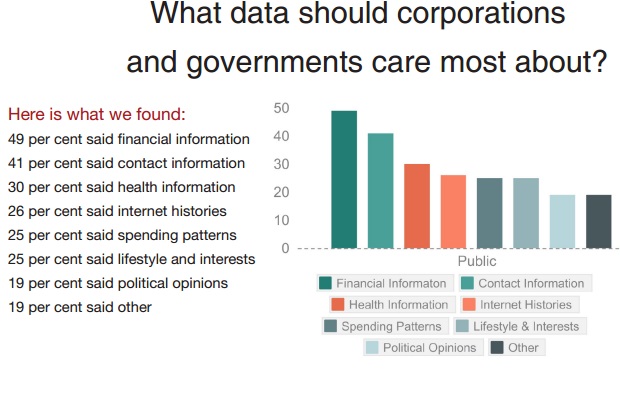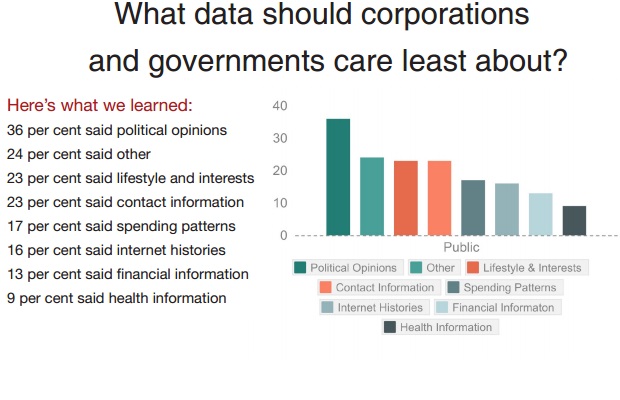Almost half of the UK population would not sell their online data for less than £1m, according to a landmark new study, even though many people are failing to take even the most basic steps to secure their information.
The revelation is one of the key findings from a survey of 1,000 people by Swiss datacentre Artmotion.
The study, entitled Artmotion’s data privacy report: Understanding the true value of online data in the UK, was commissioned to investigate the UK public’s attitudes towards online privacy.
It was also set up to consider how attitudes have changed in the light of high-profile privacy breaches such as the Edward Snowden revelations, the regular attacks by hacktivist group Anonymous and the iCloud Hack of embarrassing photos of celebrities such as Jennifer Lawrence and Kirsten Dunst.

The most eye-catching discovery is that an overwhelming 49 per cent of those surveyed said they would only be willing to sell their personal or company data for £1m or more.
A further 10 per cent said they would be willing to sell their personal or company data for £100,000-£1m, 10 per cent said £10,000 to £100,000, 13 per cent said £1,000 to £10,000, 3 per cent said £500 to £1,000, 6 per cent said £1 to £500, and the remaining 9 per cent said they would give away their data for free.
What emerges from the research is that most people put a huge premium on the value of their data. Nearly half of the population would demand a seven-figure sum before they’d even contemplate handing over their data. Or put another way, 82 per cent would demand at least a four-figure sum before selling their data.
This is all the more surprising considering the fact that many people make little or no effort to protect their data online – even though there are lots of simple steps that can make a huge difference. For example, people should limit the amount of sensitive data that they give out online because every disclosure could potentially be used by hackers for jigsaw identification (piecing together a person’s details from multiple sources) or answering password reset questions.
Moreover, they ought to be wary of what they post on cloud computing applications such as iCloud and Google Drive, which don’t typically have the highest security processes in place. And they need to make sure that they use strong passwords for each site, don’t share these with anyone and update their account details regularly. Lastly, they should ensure that all sensitive data is wiped from an internet-enabled device (such as a smartphone, a tablet or a laptop) before disposing of it.
Mateo Meier, founder and CEO of Swiss datacentre Artmotion and author of Artmotion’s data privacy report: Understanding the true value of online data in the UK, said: “Our research explodes the myth that people don’t really care about online privacy.
“We’ve found that almost half of the UK public wouldn’t even consider selling their data for less than £1m, which suggests that people actually place a huge premium on staying secure on the web. However, many consumers are failing to take basic steps that would greatly increase their online security. This means that the data they value so highly could easily fall into the wrong hands with potentially disastrous consequences.”

